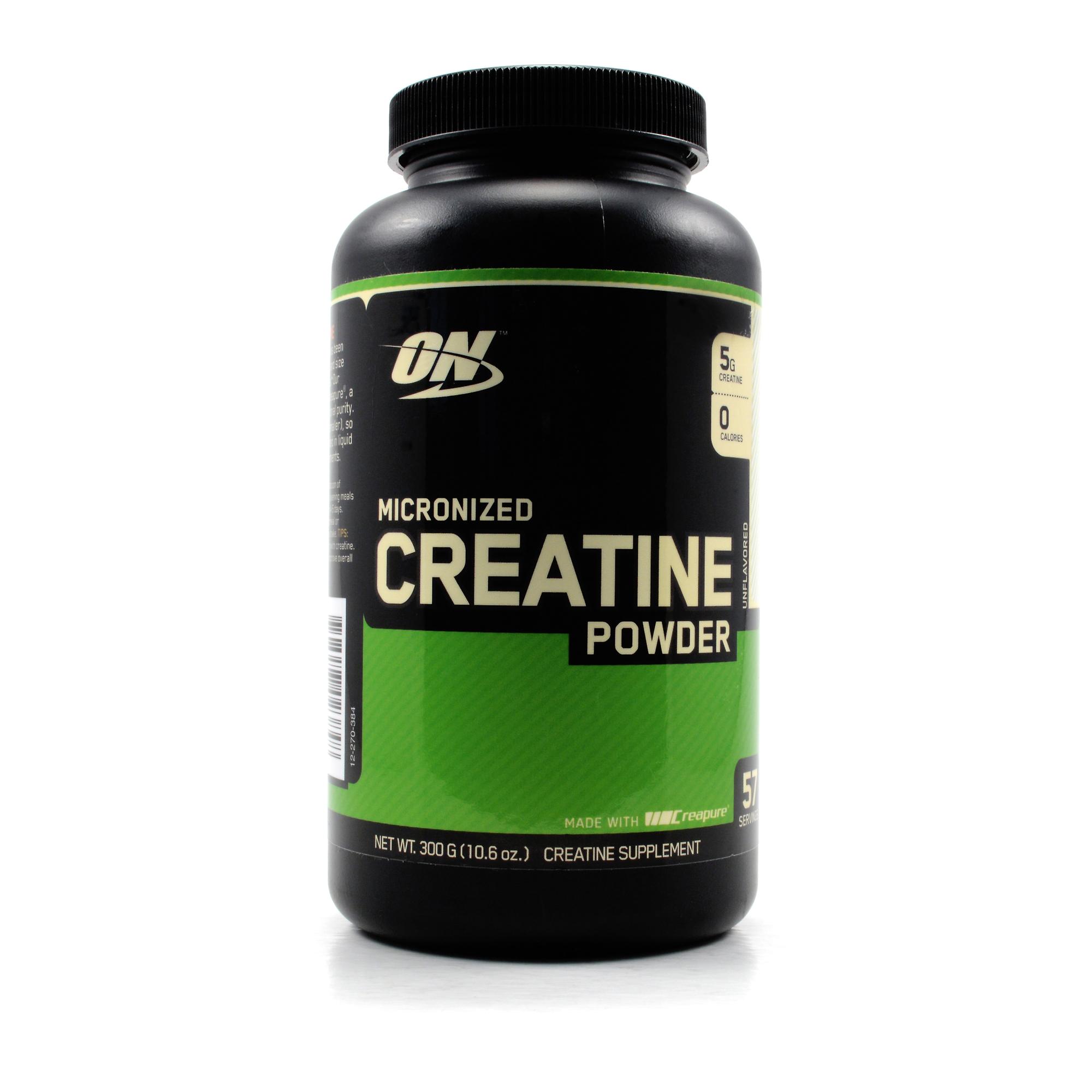
Creatine
Creatine is an amino acid derivative constructed from arginine, glycine and methionine. It is produced naturally by the body in the kidneys, liver, and pancreas at a rate of about 1-2 grams/day. Creatine can also be obtained from food (particularly red meat) and supplementation.
What Is Creatine and Do I Need to Take a Supplement?
Creatine is an organic acid that our bodies naturally make, and that we get by eating certain foods — seafood and red meat, in particular. (4)
Our bodies store creatine in our muscles so that we have quick access to it for fast, high-intensity movements, like sprinting or powerlifting, explains Autumn Bates, a certified clinical nutritionist and sports nutritionist in private practice in Manhattan Beach, California. “It's a nonessential amino acid, meaning your body creates it and you don't need to primarily get it from food.”
And you don’t really need added creatine beyond what’s in a healthy, balanced diet, Bates adds. “Creatine isn't an essential nutrient,” she says. “Your body naturally makes it from other amino acids that you receive from various protein sources.”
When it comes to creatine supplements, there are also different options for ingesting it — and they’re not all created equal. My virtual tooth. “There’s much debate on which type has the highest bioavailability (which is absorbed the best),” Bates notes.
And as far as formulations, the International Society of Sports Nutrition has approved and recommends creatine monohydrate supplements as not only a safe form of the supplement, but also the most effective one available. (5)
RELATED: 7 Ways Strength Training Boosts Your Health and Fitness
RELATED: Best Whey Protein Powders to Help Boost Muscle Strength
